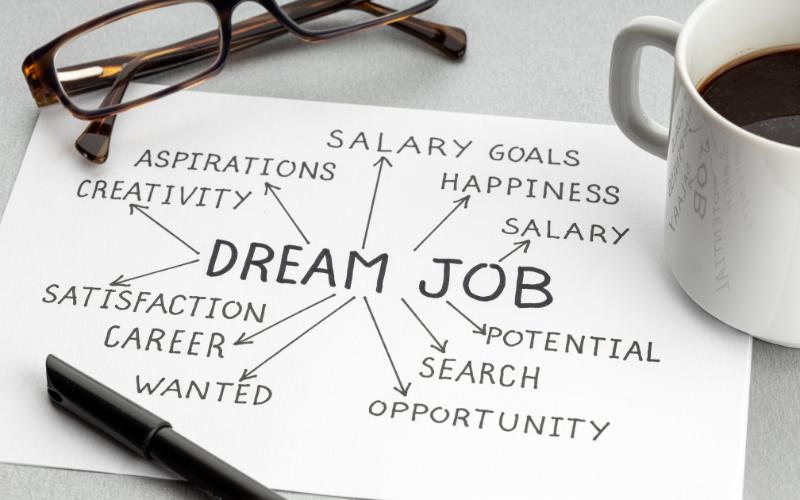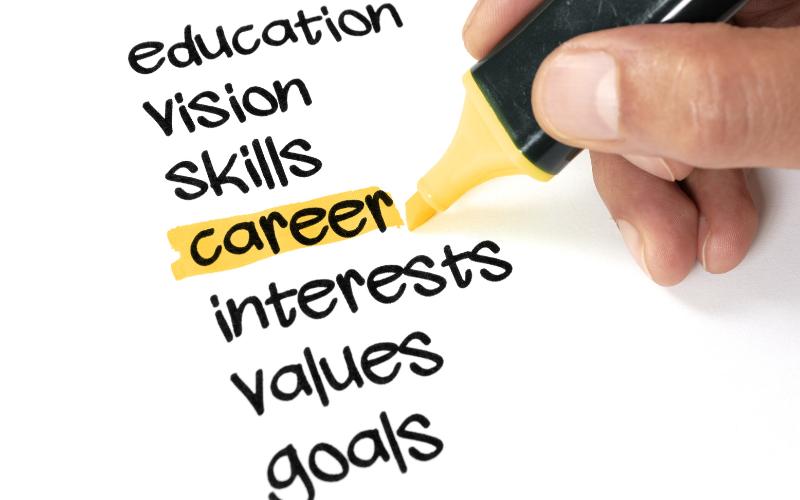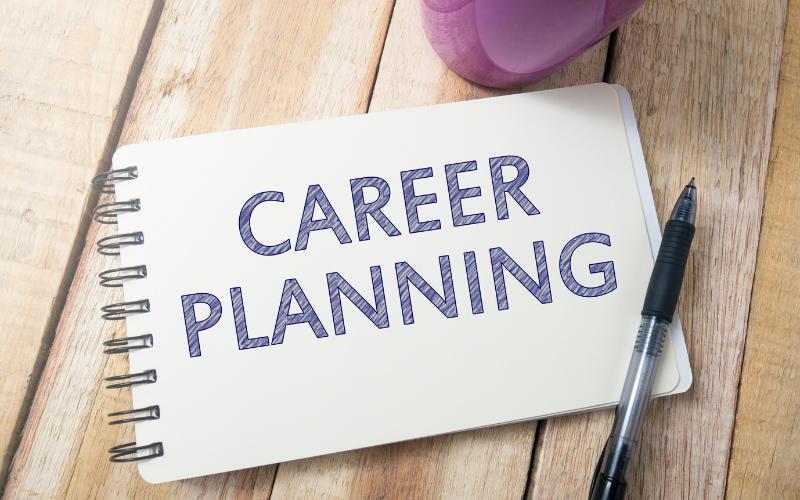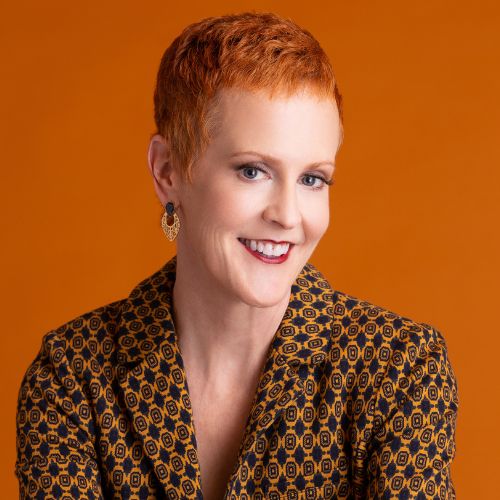Rethinking your career at 50 isn’t just a possibility; it can be an exhilarating journey towards rediscovering your passion and purpose. Career changes are becoming more frequent as people grow and change and consequently their interests and the job market opportunities change. When approached with awareness and executed wisely, a career change in your 50’s can naturally result in a more fulfilling work and life.
Understanding Career Transitions
A career change can occur at any point but shifting your professional path in your 50s can bring about unique benefits and risks. At this age, you have likely gathered significant experience, abilities, and knowledge that can be used to your advantage and applied to a different field, position or even industry.
Why It’s Never Too Late
There is no “perfect” time to change careers. Sometimes we wait for the right moment, but honestly, there’s always some risk in making a big shift. It could be the best choice you ever make, or it might not work out as planned – but that’s part of life! If you keep waiting for everything to line up perfectly, you may never take the leap.
What is a Good Career Change in Your 50s?

Exploring New Industries
For those who change careers after 50, there are some industries that prioritize the wisdom gained over the course of a career as well as a complex mix of skills. Some popular mid-career options include:
- Consulting and Coaching
- Education and Training
- Healthcare and Wellness
- Nonprofit Organizations
- Entrepreneurship and Small Business
- Lateral moves to organizations in need of complex skills
New Career Paths for Midlife Transitioners
In their 50’s, people often have a more sophisticated mix of experience and diverse skills versus early career professionals that can be applied to many roles in project management, within the nonprofit sector, or in kicking off your own consultancy.
Leveraging Your Soft Skills
At 50, your years of experience have endowed you with invaluable soft skills like communication and problem-solving, which are highly transferable across various industries. Recognizing and promoting these skills is crucial for a successful career transition. Highlight your ability to articulate ideas, foster collaboration, and navigate challenges through a compelling narrative that showcases your strengths. Embrace your rich history of experiences, leverage them to forge a new path, and confidently step into new opportunities. Your unique skills and perspectives are your greatest assets, enabling you to make a meaningful impact in any professional setting.
Exploring the Desire for Career Change at 50

Common Reasons for Reassessment
Things that can prompt a career change in mid-life include:
- Wanting to find more purposeful work.
- Seeking an improved balance between job and personal life.
- The desire to turn a hobby, or something you’re passionate about, into a business.
Psychological Impact
Career changes are freeing, yet they may also create fear and confusion. Keep a positive mindset when you approach this crossroad and make your move by focusing on the benefits such as personal development and renewed motivation.
While the process of taking the leap and transitioning to a new career can have an impact on your mental state, such as experiencing anxiety, there are ways to boost your resilience during this time of uncertainty. Typically, the psychological impact is temporary and pursuing your passion can result in enhanced overall wellness and a sense of fulfillment.
Evaluating Career Satisfaction
Methods of self-evaluation include keeping a journal for self-reflection, having a career coach for guided exploration, and receiving input from colleagues to help in assessing your path and options. Start by exploring the reasons for seeking change.
Preparation for Career Change at 50
Identifying Transferable Skills
As we stated, self-assessment as well as input from coworkers and career transition professionals are ways to discover your transferable skills and possible career options that fit your aspirations and that you may have never considered previously.
Networking and Professional Development
As you dive into this new path, tap into your current network, reconnect with colleagues, go to industry-relevant events, and renew or add certifications and online courses to remain up-to-date and competitive within your field. Your goal is to open exploratory conversations and learn more.
Educational Resources
There are many free and paid platforms such as Coursera and LinkedIn Learning, industry-specific training programs, and continuing education at in-person or online universities for upskilling.
Overcoming Challenges in Career Change at 50

Dealing with Age Bias
Use your age to your advantage by emphasizing your experience and accomplishments, demonstrating flexibility, and using smart networking tactics to tackle age prejudice in the job market. While age bias might be a concern and a potential roadblock you may face as you change careers at 50, it shouldn’t stop you.
Marketing Yourself as a Mature Candidate
- Revise your resume and LinkedIn profile: Both of these elements are vital for job searching in today’s digital age. Make sure that all details about your experience, skills, education, and accomplishments are correct and up to date. Most younger workers tend to have a chronological resume from their latest roles to earliest. Mature candidates benefit from having a skills-based resume. Under each skill you can refer to the previous roles and employment that brought about your high level of competence. This type of resume emphasizes skills most effectively.
- Create a personal brand: This involves developing a unique identity that highlights your skills, values, and experiences. Craft an appealing story about yourself to demonstrate how you can and will bring value to potential employers or clients.
- Market yourself as an asset: Develop relationships with professionals who work in the field you desire to enter. Seek their advice on how you can leverage your current experience as you change careers and find new opportunities within similar industries.
- Applying for Jobs: When you apply for a job you have to make a connection between your skills and experience and the role you are going for. Don’t leave it up to the recruiter to connect the dots. In your cover letter specifically draw these connections. Do the work for them to show you meet and exceed their requirements.
- Use their Language to Describe You: Most organizations have their own unique vocabulary they use to describe themselves and their goals, mission, and vision. While remaining faithful to your narrative, borrow this vocabulary to describe your skills. It is a plus to show you align with them right off the bat.
Success Stories of Career Changes After 50
There are many people who have changed careers later in life and their experience is a testament to how age does not hinder the process of personal reinvention. Some well-known people who found success after 50:
- Martha Stewart – Achieved major business success after age 50.
- Colonel Sanders – Founded KFC at age 65.
- Vera Wang – Entered the fashion industry at age 40, achieving major success in her 50s.
- Ray Kroc – Expanded McDonald’s into a global franchise in his 50s.
- Mary Kay Ash – Founded Mary Kay Cosmetics at age 45, achieving major success after 50.
- Ronald Reagan – Elected President of the United States at age 69.
- Julia Child – Published her first cookbook at age 50.
Action Plan for Career Change in Your 50s

Setting Goals and Timelines
Set clear career goals that span over a long duration and establish smaller milestones to make them more manageable. Expect possible sacrifices in the short term but keep your focus on the benefits in the long term.
Building a Support Network
Surround yourself with supportive professionals who understand your goals and can offer promotion when possible, such as family members, friends, mentors, or those working in the profession you wish to pursue.
Resume and LinkedIn Strategies
Create a convincing resume and LinkedIn profile that clearly expresses your versatile abilities, related experiences, and distinct values. You might also think about getting help from a professional.
Career Coaching
Guidance from a career coach can be tailored to your unique situation and assist in recognizing strengths, and transferable abilities as well as creating an organized strategy for reaching career objectives.
Online Resources
Websites and groups on the internet that focus on changes in careers can provide helpful assets like job advertisements, and evaluations of professional paths, along with chances to connect with others in similar fields or industries.
Start Your Career Change Journey
At the age of 50, a career change can be seen as an exciting chance to follow a more satisfying professional direction. You have valuable experience from your previous job that could greatly assist you in the new field you’re interested in. By recognizing and utilizing your transferable skills, as well as being open to continuous learning, you can set yourself up for success at this stage of life.
It’s never too late to follow your interests and discover a new career path that matches your goals and aspirations. Accepting the difficulties and challenges that come along when shifting careers isn’t easy but surrounding yourself with the right support system and developing renewed confidence in your knowledge and abilities will be more than worth it down the line.
For more advice and strategies to help you through this complex process, download the free PDF “7 Career Lies,” and contact Erin to begin your journey toward a more fulfilling career.


